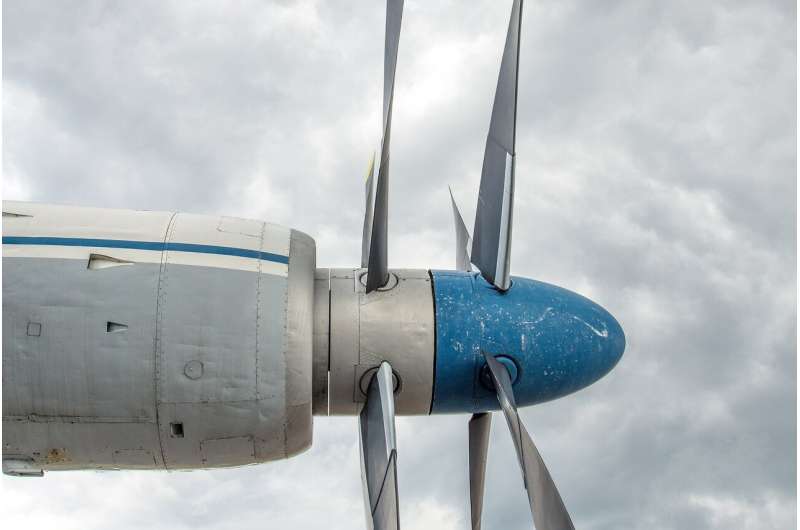Aviation, wireless industries say they'll cooperate on 5G solution

Three industry groups embroiled in a heated debate over whether soon-to-be deployed 5G wireless services will interfere with aviation safety said in a joint statement Wednesday they will work collaboratively on a solution.
Airlines for America, which represents the airline industry, the Aerospace Industries Association, which represents aircraft manufacturers, and CTIA, which represents the wireless communications industry, issued a joint statement announcing plans to "share the available data to identify the specific areas of concern for aviation."
"The best technical experts from across both industries will be working collectively to identify a path forward, in coordination with the FAA and FCC," the groups said.
The industries have been at odds over plans to deploy 5G wireless networks early next month in bandwidth adjacent to the spectrum used by radar altimeters.
The Federal Aviation Administration has cautioned that the close proximity of the two bands may result in the 5G use interfering with automated cockpit systems used in low-visibility situations, and airline executives warned the Senate Committee on Commerce, Science and Transportation about potential dangers as well as increased flight cancelations that would result if the new technology were deployed.
But the telecommunications industry, which views 5G as a potential economic boon because of the new services it could provide for smartphone users, has said the airline industries' concerns were overblown, and pointed to the use of 5G operations in some 40 countries as evidence that the technology can be deployed safely.
Both sides have suggested mitigations aimed at minimizing the potential for interference. Lawmakers including Sens. Marsha Blackburn, R-Tenn., and Todd Young, R-Ind., urged airline executives to avoid steps to delay deployment of 5G technology.
A spokesman for the Federal Communications Commission, which allocates radio bandwidth including the 5G spectrum, said this week that the agency "continues to work productively with the FAA to ensure the safe and swift deployment of new technologies" and is "optimistic" that it will resolve outstanding issues.
On Wednesday, the three industry groups vowed to help the agencies find that solution.
"Our belief is that by working collaboratively in good faith on a data-driven solution, we can achieve our shared goal of deploying 5G while preserving aviation safety," they said.
AT&T and Verizon, which were among 21 licensees that acquired the bulk of that bandwidth from the federal government in February for more than $81 billion, planned to activate that band on Jan. 5, 2022.
Concerned about 5G conflicting with aviation, the Federal Aviation Administration on Dec. 7 issued two airworthiness directives to gather information about the potential impacts on aviation safety equipment.
The agency warned the technology could cause interference that could conflict with automated cockpit systems used in low visibility situations, leading to delays, diversions and cancelations.
"This is the biggest and most damaging potential issue facing us," said Scott Kirby, CEO of United Airlines. "We want nothing more than to work to a solution."
Earlier, CTIA President and CEO Meredith Attwell Baker wrote in an op-ed published in Morning Consult that a delay "will cause very real harm," subtracting $50 billion in economic growth and harming America's global competitiveness.
"We can—and will—have both safe flights and robust and reliable wireless," she wrote.
©2021 CQ-Roll Call, Inc., All Rights Reserved.
Distributed by Tribune Content Agency, LLC.


















